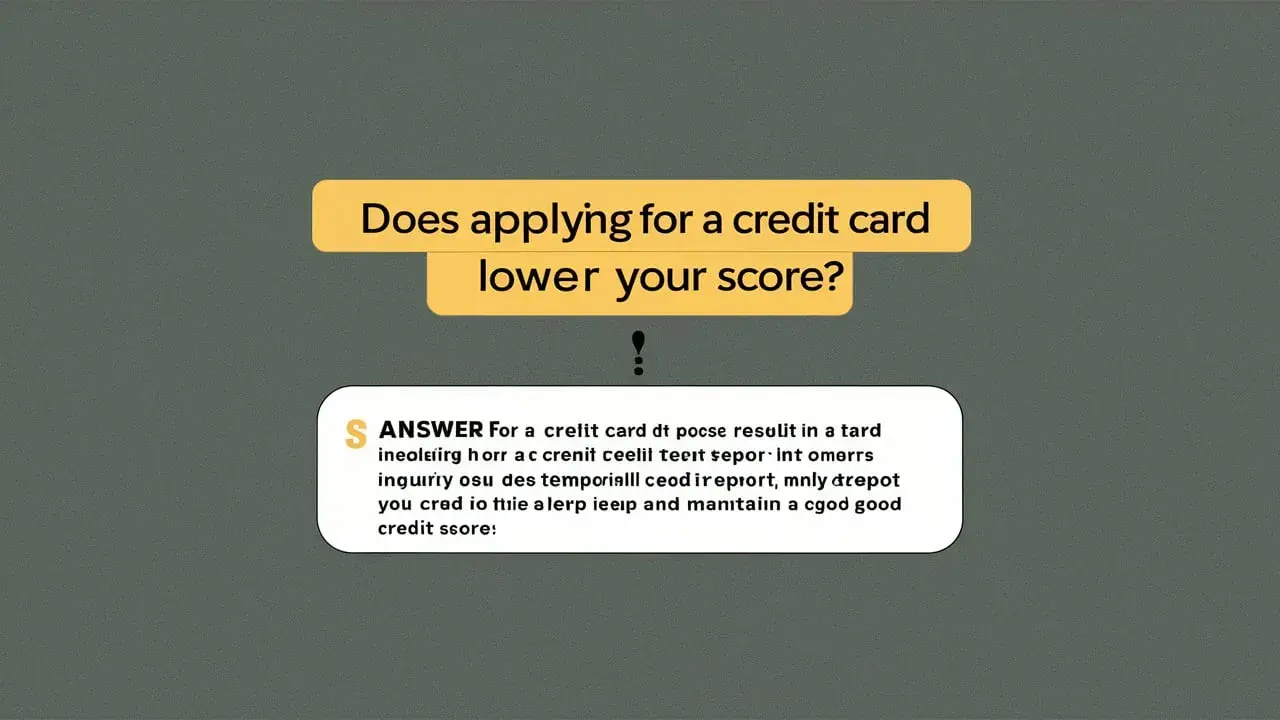-
Posted on: 24 Jul 2024

-
Credit card debt can feel like a crushing weight. The constant accumulation of interest, late fees, and the sheer amount owed can lead to significant stress and anxiety. It's natural to wonder if there's a magic bullet – a way to simply have that debt forgiven. While the phrase "credit card debt forgiveness" might conjure up images of a simple solution, the reality is more nuanced. Let's delve into what it truly means, the legitimate options available, and the potential pitfalls to avoid.
The Reality of Credit Card Debt Forgiveness
The idea of complete and unconditional credit card debt forgiveness, where a lender simply erases your balance with no strings attached, is largely a myth. Lenders are in the business of lending money to make a profit, and unilaterally forgiving debt without some form of repayment or negotiation rarely happens. However, there are legitimate strategies and programs that can effectively reduce your debt, offering a path towards financial freedom. These are often misconstrued as pure "forgiveness" but involve a process of negotiation, settlement, or structured repayment.
Understanding Legitimate Debt Relief Options
Several options can help you manage and potentially reduce your credit card debt. It's crucial to understand each one to determine which best suits your individual circumstances:
1. Debt Settlement
Debt settlement involves negotiating with your creditors to pay a lump sum that is less than the total amount you owe. This approach typically works best when you are significantly behind on payments and are considered a higher risk by the lender. The creditor may agree to a settlement to avoid the potential loss of receiving nothing if you were to file for bankruptcy.
How Debt Settlement Works:
- Stop Making Payments: This is often a necessary, albeit risky, first step. By ceasing payments, you demonstrate to the creditor that you're unlikely to repay the full amount. However, this will negatively impact your credit score.
- Negotiation: A debt settlement company (or you, if you choose to negotiate yourself) will contact your creditors and propose a settlement offer.
- Savings: While negotiating, you'll need to accumulate funds to pay the agreed-upon settlement amount.
- Settlement Agreement: If the creditor accepts the offer, a written agreement is crucial. This agreement should clearly outline the reduced amount owed, the payment terms, and the fact that upon completion of the agreed payments, the remaining debt is considered satisfied.
Pros of Debt Settlement:
- Potentially reduces the total amount owed.
- Can provide a pathway out of overwhelming debt.
Cons of Debt Settlement:
- Significantly damages your credit score. Late payments and settled debts remain on your credit report for seven years.
- Creditors are not obligated to accept your settlement offer.
- Debt settlement companies often charge fees.
- The forgiven portion of the debt may be considered taxable income by the IRS. You'll receive a 1099-C form if the forgiven amount exceeds $600.
- You might get sued by the creditor while negotiating.
2. Debt Counseling and Debt Management Plans (DMPs)
Debt counseling is a service provided by non-profit organizations that offer guidance and education on managing debt. A certified credit counselor will review your financial situation, help you create a budget, and explore options for debt management. A DMP, offered by some credit counseling agencies, involves consolidating your credit card debts into a single monthly payment at a potentially lower interest rate.
How Debt Counseling and DMPs Work:
- Initial Consultation: You'll meet with a credit counselor to discuss your debts, income, and expenses.
- Budgeting and Analysis: The counselor will help you develop a budget and analyze your spending habits.
- Negotiation with Creditors: The counseling agency may negotiate with your creditors to lower interest rates and waive fees.
- Monthly Payment: You'll make a single monthly payment to the counseling agency, which then distributes the funds to your creditors according to the DMP.
Pros of Debt Counseling and DMPs:
- Lower interest rates can significantly reduce the amount you pay over time.
- Simplified payment schedule.
- Can improve your credit score if you consistently make on-time payments.
- Offers educational resources and support.
Cons of Debt Counseling and DMPs:
- Requires a commitment to a structured repayment plan.
- May require you to close your credit card accounts.
- Not all creditors participate in DMPs.
- May involve setup and monthly maintenance fees.
3. Debt Consolidation
Debt consolidation involves taking out a new loan to pay off your existing credit card debts. This new loan ideally has a lower interest rate than your credit cards, saving you money in the long run.
Types of Debt Consolidation Loans:
- Personal Loans: Unsecured loans that can be used for various purposes, including debt consolidation.
- Balance Transfer Credit Cards: Credit cards with a low or 0% introductory APR on balance transfers. This can be a good option if you can pay off the balance during the introductory period.
- Home Equity Loans or HELOCs (Home Equity Lines of Credit): Secured loans that use your home as collateral. These often have lower interest rates but put your home at risk if you can't repay the loan.
Pros of Debt Consolidation:
- Simplified payment schedule (one payment instead of multiple).
- Potentially lower interest rate.
- Can improve your credit score if you make on-time payments on the new loan.
Cons of Debt Consolidation:
- Requires good credit to qualify for the best interest rates.
- May require collateral (e.g., your home).
- Can extend the repayment period, potentially leading to paying more interest overall.
- Balance transfer fees can apply.
4. Bankruptcy
Bankruptcy is a legal process that can provide debt relief when other options are exhausted. There are different types of bankruptcy, but the most common for individuals with credit card debt are Chapter 7 and Chapter 13.
Chapter 7 Bankruptcy:
Chapter 7 involves liquidating non-exempt assets to pay off creditors. Credit card debt is typically dischargeable in Chapter 7, meaning you are no longer legally obligated to repay it.
Chapter 13 Bankruptcy:
Chapter 13 involves creating a repayment plan over three to five years. You'll make monthly payments to a trustee, who then distributes the funds to your creditors. At the end of the repayment period, any remaining dischargeable debt is forgiven.
Pros of Bankruptcy:
- Can eliminate or significantly reduce debt.
- Provides immediate relief from creditor harassment.
- Can stop lawsuits and foreclosures.
Cons of Bankruptcy:
- Severely damages your credit score for up to ten years.
- Stays on your public record.
- Can make it difficult to obtain credit, rent an apartment, or get a job in the future.
- Not all debts are dischargeable (e.g., student loans, certain taxes).
- Requires legal fees and court costs.
5. Hardship Programs Offered by Creditors
Some credit card companies offer hardship programs to customers facing temporary financial difficulties. These programs might include:
- Lowered interest rates: A temporary reduction in your APR.
- Deferred payments: Allowing you to skip a payment or two without penalty.
- Reduced minimum payments: Lowering the amount you need to pay each month.
These programs are typically short-term and require you to demonstrate a genuine hardship, such as job loss, medical expenses, or a natural disaster. Contact your credit card issuer directly to inquire about available hardship programs.
Red Flags: Debt Relief Scams
Be wary of companies that make promises that sound too good to be true. Here are some red flags to watch out for:
- Guaranteed Debt Forgiveness: No legitimate company can guarantee complete debt forgiveness.
- Upfront Fees: Avoid companies that require large upfront fees before providing any services.
- Pressure Tactics: Be wary of companies that pressure you to sign up immediately or make hasty decisions.
- Unsolicited Offers: Be cautious of unsolicited emails or phone calls offering debt relief services.
- Lack of Transparency: Avoid companies that are not transparent about their fees, services, and terms.
Always research a company thoroughly before signing up for any debt relief program. Check with the Better Business Bureau (BBB) and online review sites to see what other customers have to say. Consult with a financial advisor or credit counselor to get unbiased advice.
The Importance of Budgeting and Financial Literacy
Regardless of the debt relief option you choose, it's essential to address the underlying causes of your debt. Developing a budget, tracking your spending, and improving your financial literacy are crucial for preventing future debt problems. Learning to live within your means and making informed financial decisions are key to long-term financial well-being.
Tips for Improving Financial Literacy:
- Read books and articles about personal finance.
- Take online courses on budgeting, investing, and debt management.
- Attend financial literacy workshops.
- Consult with a financial advisor.
- Use budgeting apps to track your spending.










